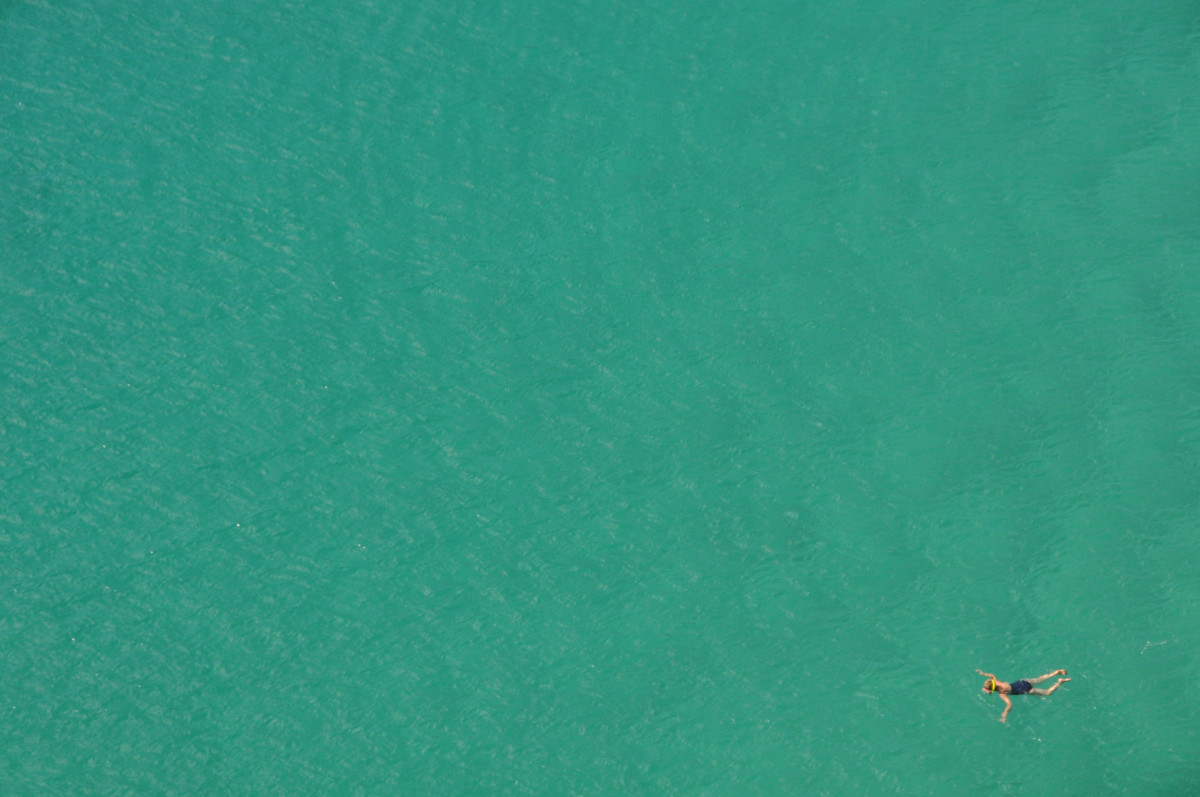
WATER - the joy of having it
In the beginning God created the heaven and the earth. And the earth was without form, and void; and darkness was upon the face of the deep. And the Spirit of God moved upon the face of the waters. Since the Creation, water is the fundamental element of our life, critical for human survival itself, healthy ecosystems, for food production and energy. Water is used for various purposes every day, for drinking, cooking, washing clothes and cars, taking a bath, irrigation, filling infinity pools…
Human beings are made of more than three-fourths of water, which helps keeping our body cool. Desert people consider water, or even just the sound of it, as paradise. At Boxing Day 2004 however, water meant death and destruction for millions, when a tsunami struck in South East Asia.
Our planet is 75% covered by water. But 97,5% of that water is salt water, leaving just 2.5% of freshwater to drink. Water scarcity affects roughly 40% of the world’s population and, according to predictions by the United Nations and the World Bank, drought could put up to 700 million people at risk of displacement by 2030. As much as a quarter of the world’s population now faces severe water scarcity at least one month out of the year, leading many to seek a more secure life in other countries. According to the World Health Organization, 80% of all diseases in the developing world are water related. Events such as floods and droughts caused by global warming are also worsening the situation.
As a consequence water-related conflicts are on the rise. The earliest known “water wars” between the ancient Sumerian states of Umma and Lagash over irrigation water of Euphrates and Tigris rivers took place around 2400 BCE. Israel once bombed Syria’s attempts to divert the Jordan’s headwaters. In Central Asia Kazakhstan, Uzbekistan, Turkmenistan, Tajikistan and Kyrgyzstan shared the Aral Sea conflict. Arch rivals India and Pakistan still need to share the waters of the Indus. In the Mekong Basin, China has built a series of dams on the Mekong’s headwaters, altering flow volumes and timing for downstream countries Vietnam, Laos, Cambodia and Thailand. Will Ethiopia’s Grand Ethiopian Renaissance Dam reduce the flows of Nile water and devastate Sudanese and Egyptian farmlands? Will future wars mostly be fought over water?
The average person will need 5 liters of water to drink daily, to survive in a moderate climate with little activity. But over one billion people in developing countries do not even have access to this amount, while Germans use 128 liters and Americans 130 gallons per person and day (from which only a fraction is used for drinking). Saving the best news for last: Efficient usage and distribution provided, there would be enough fresh water for everyone on earth.
